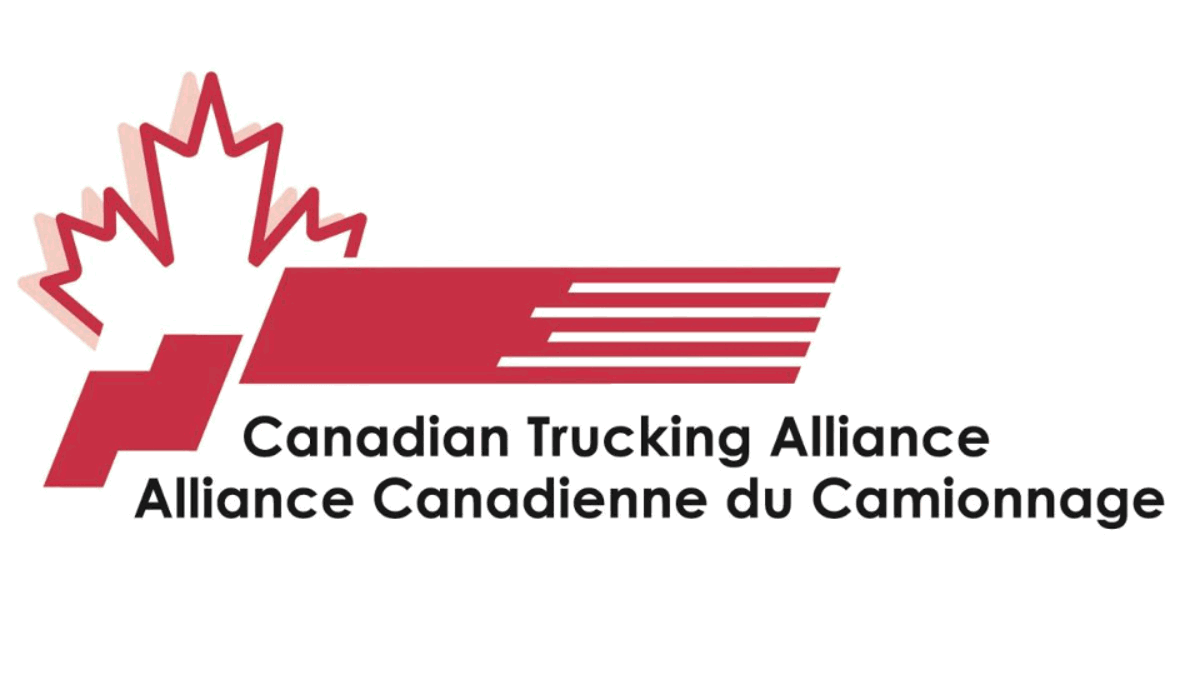
OEMs to CTA: Current Federal GHG Regulations are Incompatible with Needs of Vocational Sector
Apr 22, 2025
The Canadian Trucking Alliance (CTA) has heard growing concerns from original equipment manufacturers (OEMs) and truck dealers across Canada who continue to grapple with the mounting challenges around current greenhouse gas (GHG) regulations – specifically as it pertains to the availability of vocational vehicles serving critical sectors of Canada’s economy including heavy-haul and over-dimensional applications, agriculture, mining, forestry, and oil & gas, amongst others.

Based on information provided by OEMs and supplier members, the current federal Heavy-Duty Vehicle and Engine GHG Emission Regulations by Environment and Climate Change Canada (ECCC), do not appropriately consider the operational requirements and equipment that is necessary to service these sectors. This growing issue risks significantly undermining these key industries, leading to a shortage of equipment if this problem is not addressed.
In a letter to ECCC, the Alliance highlighted that although these vehicles are scored more favourably from a GHG credit and regulatory perspective to allow OEMs to meet their requirements under these regulations, many OEMs are being forced to sell equipment that is not suitable for the carriers’ operating conditions, making them dangerous for drivers to operate in vocational settings, amongst other concerns.
Based on feedback from OEMs and provincial association members, multiple solutions are being put forward to curtail and effectively address this issue, including:
- Halting plans for GHG Phase III Regulations for Heavy-Trucks in Canada
- Halt all targets at the 2024 model year in Phase II of the Regulations.
- Immediately review technologies and credits provided to OEMs in Phase II of the regulations and recalculate their impact, considering the positive improvements
- Work with regulators to ensure that legislation considers the “well-to-wheel” or life cycle emissions reductions benefits of transitional fuels/technologies.
“A reasonable solution to this issue must be implemented, as these regulations are leading to illogical, highly inefficient, and inflationary practices, while doing nothing to reduce emissions in the process,” says Stephen Laskowski, President of the CTA.
The Alliance also reiterated that a shortage of equipment in these critical sectors could potentially lead to delays in completing infrastructure projects, only add to supply chain instability during a time when growing economic and global threats continue to impact the trucking sector.
“We look forward to working with ECCC and the new federal environment minister in the coming weeks to ensure emissions reductions can be realized in our sector, but in a more pragmatic, realistic and operationally feasible manner for all,” adds Laskowski.
STA Sponsorship & Advertising Opportunities
Get Involved!
Sponsorship fuels events and programs, while advertising puts your brand directly in front of an industry-specific audience. We are flexible, no matter the budget!



